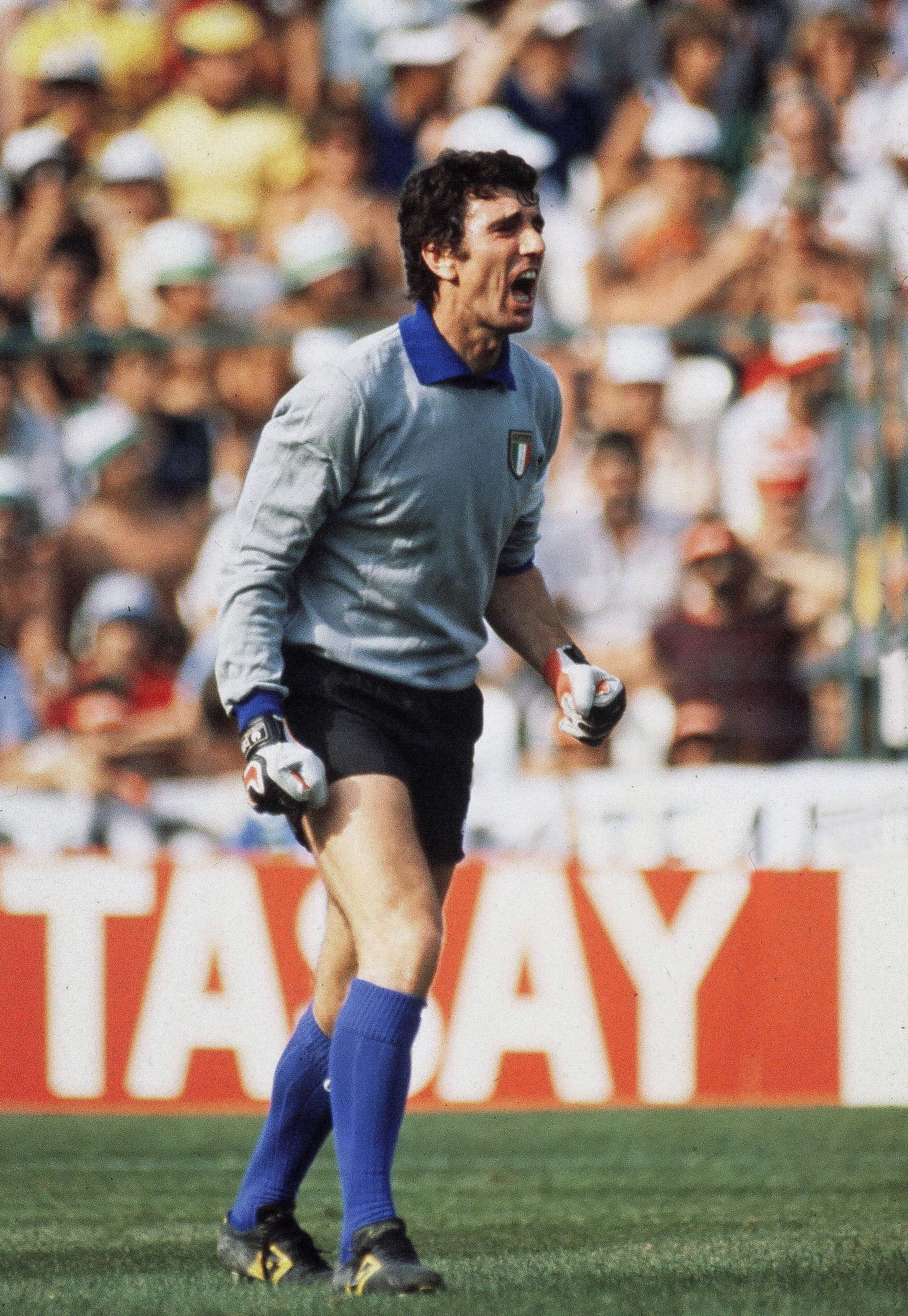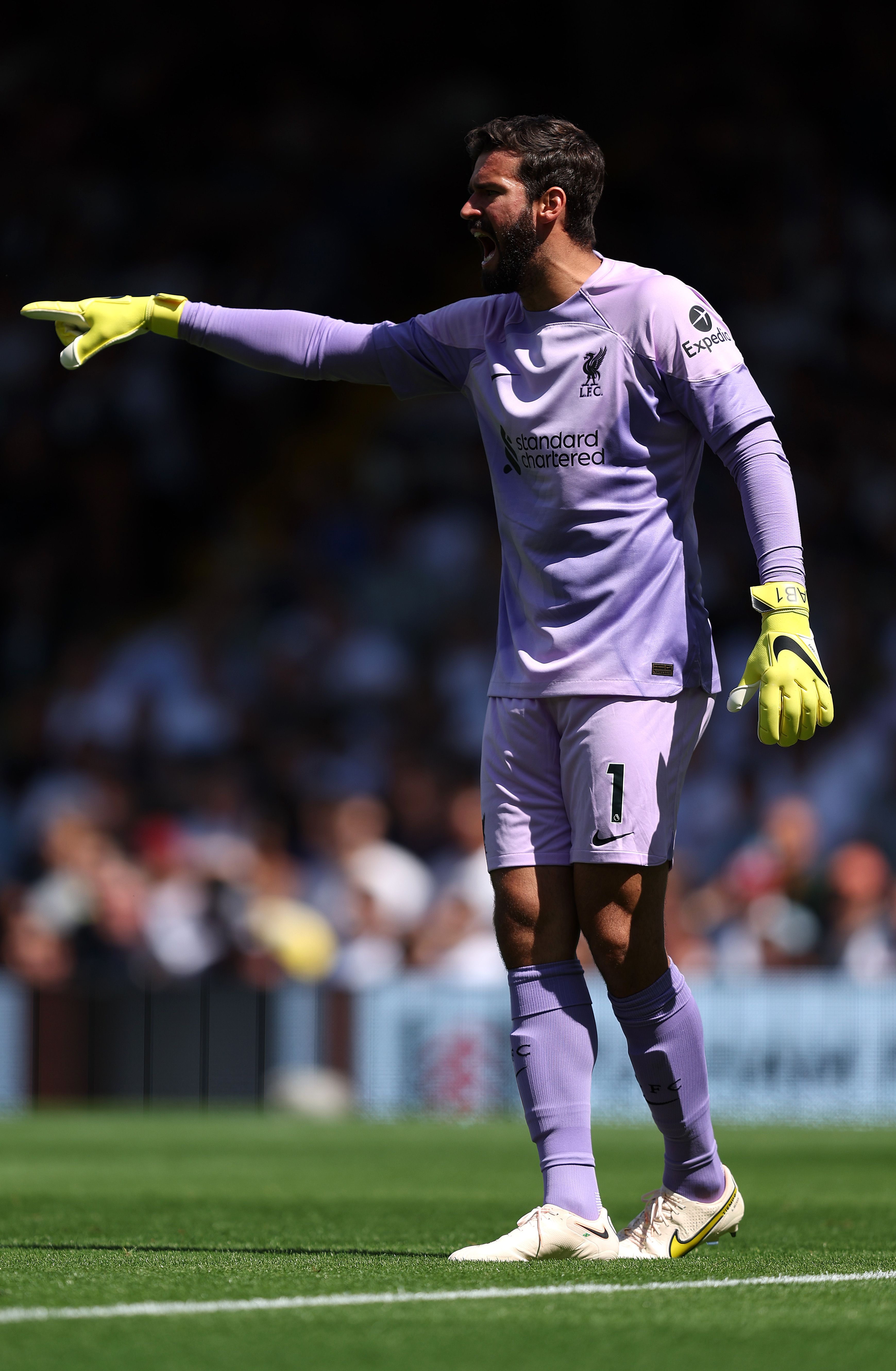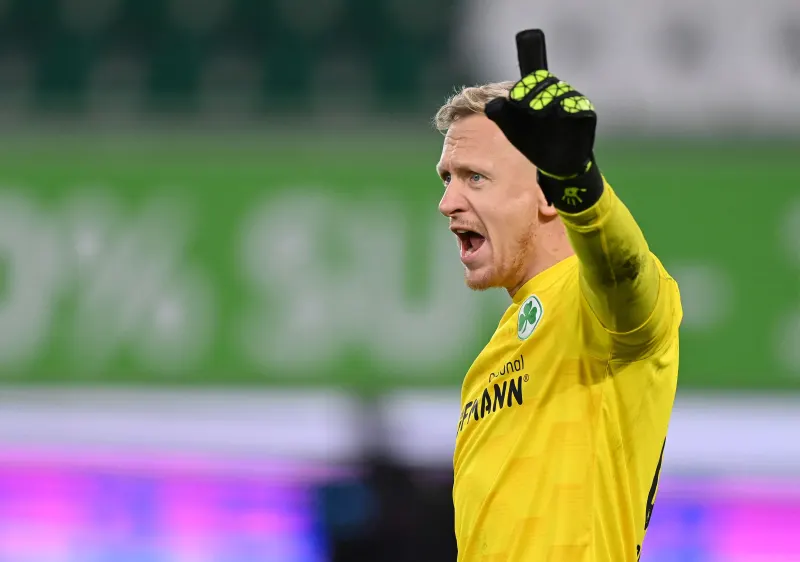How goalkeepers transmit information is crucial to the functionality of their defensive unit.
Goalkeepers are removed from large parts of the physical action for the majority of a game, especially if their team is camped in the opposition half.
After all, Manchester City decided to have 37 shots on Saturday and Ederson was only beaten by a defensive mix-up, much to the fury of Pep Guardiola. This was a perfect illustration of how ‘keepers still have to communicate and lead on the pitch with almost every passing moment.
Goalkeepers carry out a lot of solitary training because of the nature of the position. They hang around in their cliques, estranged from the outfield community on the training pitch. However, the number one is not from another planet, despite seeing and hearing the world differently as recent research confirms.
Many of them – Ederson included - are even allowed to play football these days as well as just keeping the ball out of the net. They are an integrated species more than ever.
Whatever the idiosyncrasies of the position and the person, they drive team processes from the back. “A goalkeeper must have authority. He must be able to communicate, organise, and direct.” said the legendary Dino Zoff.

The same words have different meanings and results depending on who is talking and how they are delivered. David Preece has seen it all or most of it. Sunderland’s former goalkeeper coach is currently looking after Bengaluru in the Indian Super League. He played professionally in England and Scotland, becoming a Darlington and Aberdeen regular, as well as in Denmark and Iceland, and often writes analysis for several high-profile publications on the unique challenges of the number one.
“The position of a goalkeeper comes with the responsibility of organising and motivating the players in front of you. Essentially it is about becoming an on-field coach, so personality on the pitch is important. As far as language and communication in general, particularly in the atmosphere at top level games, there are three key elements to being vocal; (be) clear, (keeping it) concise, and (make it) precise.”
There are so many takes on what can make or break that strong goalkeeper presence. Modern life veers towards the pigeon-holing of certain characteristics. There’s the quiet confidence on one spectrum, the ‘keeper that always seems to be in the right place, making the spectacular look routine, and emitting low-key but firm noise.
Then there’s the look-at-me, shouty and arm-waving on the other side of the fence. Please insert characters as appropriate. There’s no right or wrong as such. If it works, it works. Certain red flags can appear though.
Preece has plenty of experiences to draw on, once admitting he was filling the void by shouting too much.
"I’d always prefer a calmer authority than a ranter and raver. The reason is they can keep their emotions in check and not become too emotional, which in turn may affect their decision-making.

"Not only that, someone who is highly strung may affect the defenders, stressing them, putting them in a panicked state and those in turn make errors themselves. Not what you want.”
It’s about the principle behind the words rather than just talking for the sake of it. There will normally be a shared terminology which will trigger the required actions that have been discussed by management and coaches.
“What you don’t want is to be a running commentary where you become like white noise on a TV and your teammates tune out. You want them to respond to your direction when it matters. In pressure situations where time is at a premium, imparting information early is crucial,” says Preece.
The goalkeeper almost exclusively has to lift the defender off the floor with encouragement after a mistake. When Joel Matip’s head was so scrambled by Tottenham’s bombardment of Liverpool’s nine men that he smashed the final cross into his own net, it was Alisson who fisted the offending ball into the home crowd in anger.
The Brazilian then immediately consoled the defender. Goalkeepers need to lead the men in front with words of comfort – as well as dealing with their specific role - even at the death when the dressing room will be silent.
When all seemed lost on the final day of the Bundesliga campaign in 2001, it was Oliver Kahn who led from the back for Bayern as they grabbed an unlikely last-gasp goal to steal the title from Schalke. The role of the goalkeeper as the mood setter, the man who can change the dial when the situation looks desperate is key.
“You have to remember that you can influence those around you, even without speech, so body language, how you respond to setbacks, staying calm when your team score can influence others almost by osmosis,” Preece continues.

The wild celebrations of Real Madrid players around Thibaut Courtois after keeping out Mo Salah’s last shot in the 2022 Champions League final was truly telling, especially as the big Belgian was so laser-focused. The Egyptian’s slump to the floor was the other side of the coin. It was Courtois who was the calmest Madrid player right there, issuing orders for the corner, despite the adrenaline pump of his umpteenth stop of the night.
“There’s a huge psychological aspect to a ‘keeper’s communication skills, none more so than to themselves. Positive, motivational self-talk is all part of communication. Talking to others how you want to be spoken to, what kinds of things you want to hear, choosing the right tone to encourage or motivate is vital,” says the former Barnsley stopper.
“Goalies are a breed who do not like to be told by the outside world how they should behave. I’d keep them away from the footballers,” Gordon Strachan once mused two decades ago. Ultimately, ‘keepers have to be let out for a play date with their teammates. It’s good to talk.








